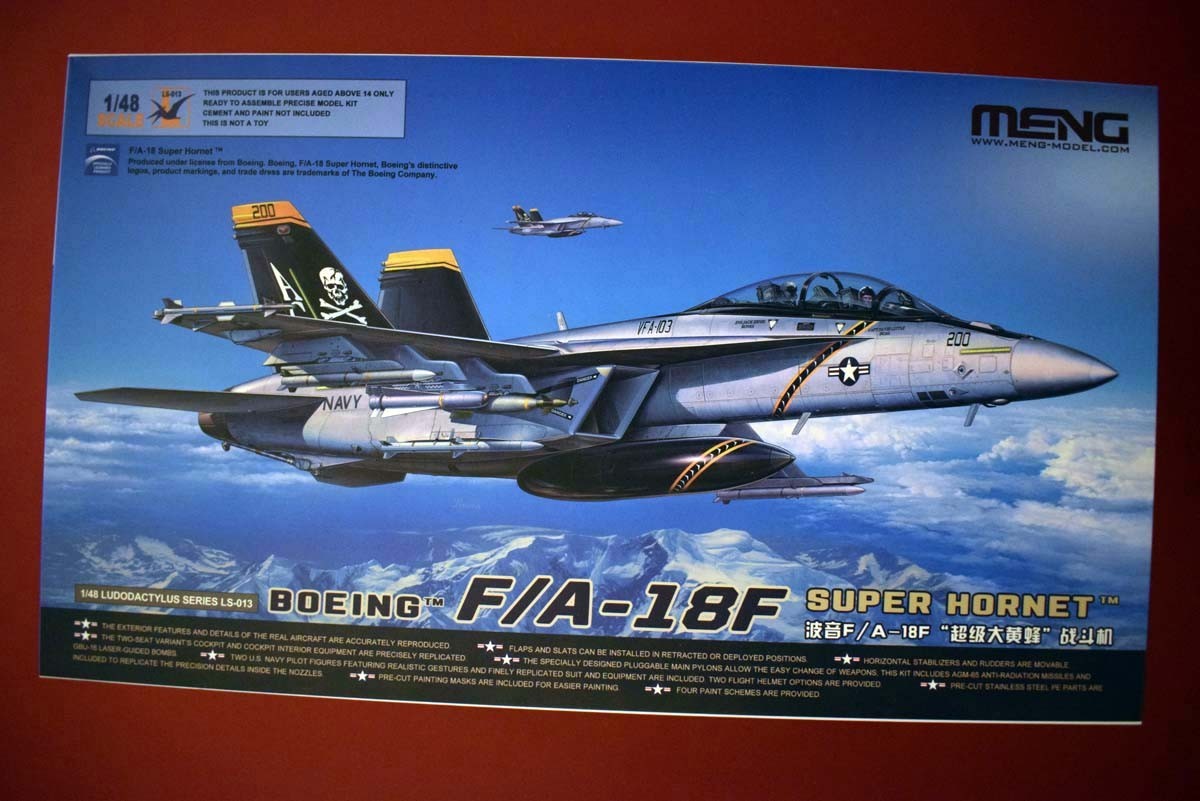
Introduction
Boeing began the development of the F/A-18E/F Super Hornet in May 1992. The first test flight took place in 1996, and its delivery to the US Navy started in 1999. The Super Hornet is a much larger aircraft than the previous release, it has an extremely powerful radar in the form of AN/APG-79. The rear cockpit of the aircraft includes a large touch sensitive multipurpose display, and two colour multi-purpose displays on both sides. These improvements give the aircraft improved battlefield situation awareness, and allows the two crew to operate closely together. The aircraft has eleven hard points that can carry a wide range of ordinance. This release from Meng model is the two seat version of the single seat aircraft released a short while ago, and the two models have a lot in common.
Review
This offering from Meng Model is packaged in a reasonably sized and deep cardboard tray, with a separate card lid. inside the sprues are individually packaged for the most part. Access to the various parts is good and so removal of parts should not be an issue. Moulding quality is of a high standard, with very nicely recessed panel lines. The twin seat cockpit looks to be an accurate representation of available images, with decals supplied to replicate the instrument panels. The ejector seats are provided with a reasonable level of detail, and Meng has supplied two pilot figures to occupy the seats, but in the event that you do not use the pilots there is no harness detail provided. The cockpit canopy is pleasing in its thickness, but it has the common fault found on this model in there is a seam line running front to rear along the top of the canopy. This means that you will need to polish out the seam line, which is a little irritating in a model of this quality and price.
The undercarriage recesses have been well tackled in regard of moulded detail and added on detail, with the intake tunnels secured to the rear wheel wells and run from the intake to the first compressor. The undercarriage legs are well detailed, although I wish the wheels had not been split into two halves. The triangular legs for the rear undercarriage are single piece mouldings, with small elements added to them and I believe this will give you a stronger undercarriage on the model. The front leg is again well detailed, and is provided with the option of having the launching bar retracted or deployed. Clear lenses are provided where required, and the wheels are single pieces rather than split halves, which are better in my opinion.
The fuselage and wings surfaces go together with nine pieces, and poly caps into receivers are provided for the rear horizontal flight surfaces. The cone nose of the model is not provided with the radar behind it, and so leaving the nose open is not an option. The flight control surfaces on the wings are provided as separate parts, along with alternative actuators for showing the control surfaces in one of two positions. Something that a modeller picked up on, is that the holes for locating the hard points are pre-opened and so if a clean aircraft is being shown these holes will need to be filled. The wing tips can be shown deployed or folded, and again the portion of the flight control surfaces in this area are separate. Between the vertical tail fins, there are two designs for the vented area, and while I know one of these is accurate having the four vent holes on each side, but the other option is unknown to me. The exhaust of the aircraft are a little disappointing, in that you are only provided with one option, with the exhausts closed up, and I would have preferred to have had an option here to show it flared. I should add that I do know that this is accurate, but a choice for the price would have been nice as regards flaring the exhaust. The flight control surfaces for the vertical fins are separate, and so can be positioned as desired, and the poly caps inside the fuselage allows the rear horizontal surfaces to be positioned. My only concern here, is the risk of damage or droop of the surfaces. A modeller who has built the previous release from Meng has said that it goes together cleanly just like a Tamiya model, and so pit falls should be minimal as this release is fundamentally the same as the previous release.
The weapons pylons for this release are nicely detailed, and should be easy to use on the model. Ordnance wise you are provided with the following:
4 External Fuel Tanks
2 AGM-65 Missiles
2 GBU-16 Bombs
2 AIM-9X Missiles
2 AIM-9M Missiles
3 AIM-120C Missiles
1 AN/ASQ-228 Guidance Pod
Meng has gone to the trouble of providing a guide to locating the various items on to their pylons. Another pleasing aspect to the ordnance is that Meng has gone to the trouble of providing painting directions, decals for accurate depiction of the various ordnance and this extends to decals for the hard points. Some nice additional pieces are the option of having the crew ladder deployed, and the provision of masks for painting some elements of the model.
The finishing options provided by Meng for this release are as follows:
Aircraft piloted by CAPT. Fredrick Luchtman, Commander Carrier Air Wing 7, and Weapons Systems Officer ENS Jack Erine, VFA - 103, Jolly Rogers, Strike Fighter Squadron, USS Harry S Truman, 2018
Aircraft piloted by CAPT O.B Woods, Commander Carrier Air Wing 9, and Weapons Systems Officer CAPT T.M. Downing, VFA - 41, Black Aces, Strike Fighter Squadron, USS Nimitz, 2006
Aircraft Piloted by CDR Dellbull and Weapons Systems Officer CDR Greg Kiethley, VFA - 41, Black Aces Strike Fighter Squadron, Carrier Air Wing 9, USS Nimitz, 2007
Pilot Unknown, Untied States Navy Strike Fighter Tactical Instructor Programme 2019
Conclusion
Due to this release from Meng utilising much of the previous model of the Super Hornet and knowing that the model goes together very well, I have no concerns about anybody purchasing this kit. The weaknesses observed are minimal, with my concern being the horizontal tail surfaces being connected via poly caps, and the other I take from an observation of a fellow modeller - the holes for the hard points being pre-opened, meaning that if someone wishes to show the model clean that will need to fill these openings. Otherwise, another pleasing release.
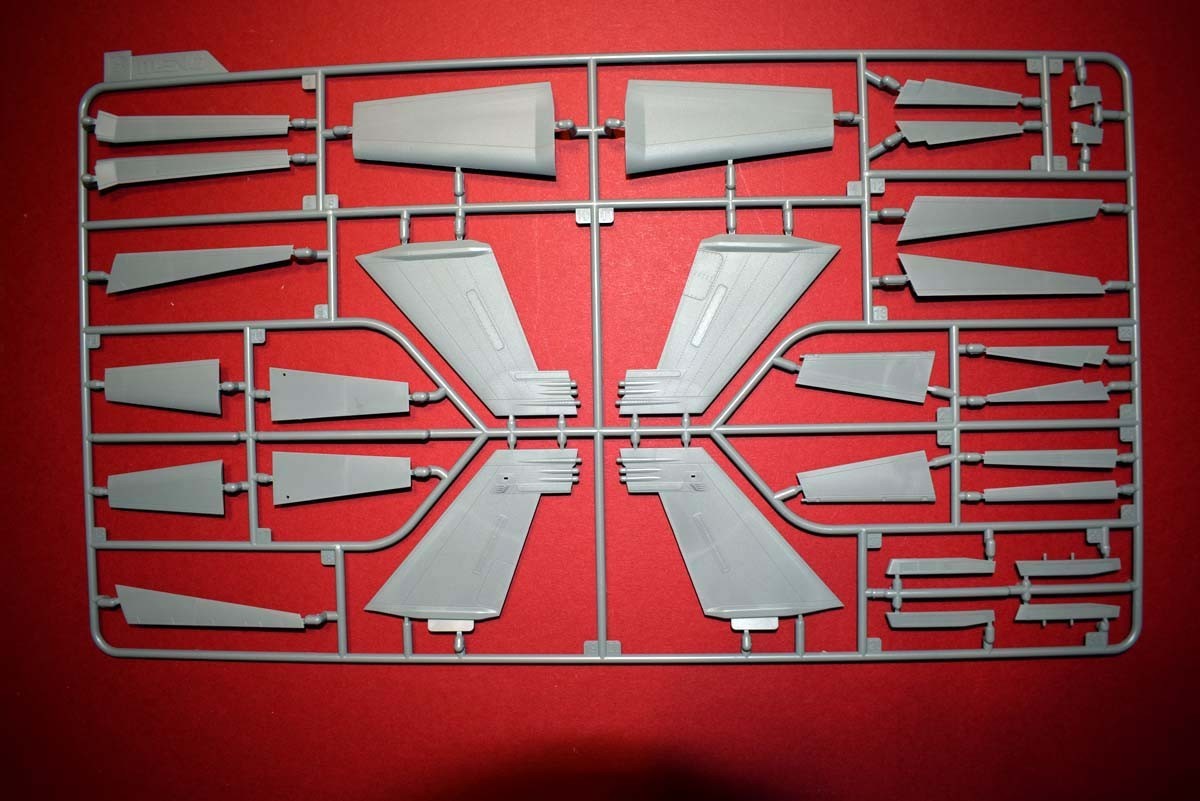
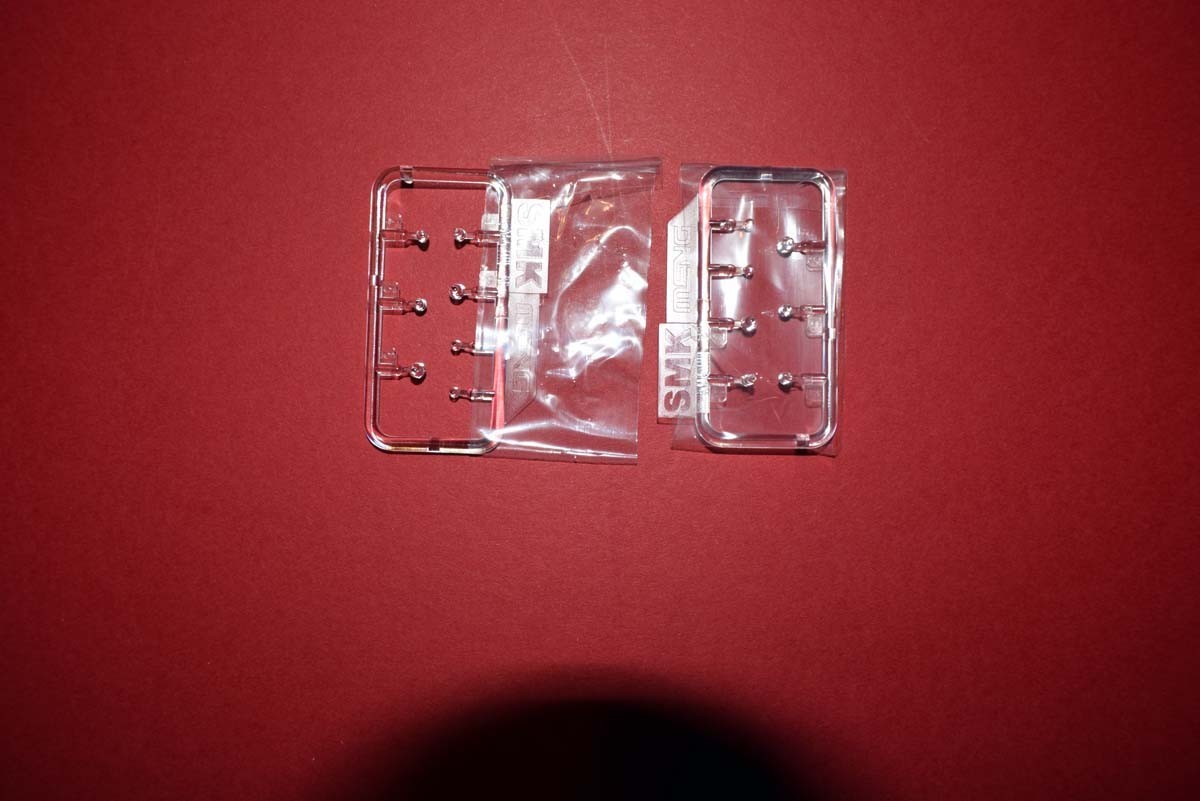
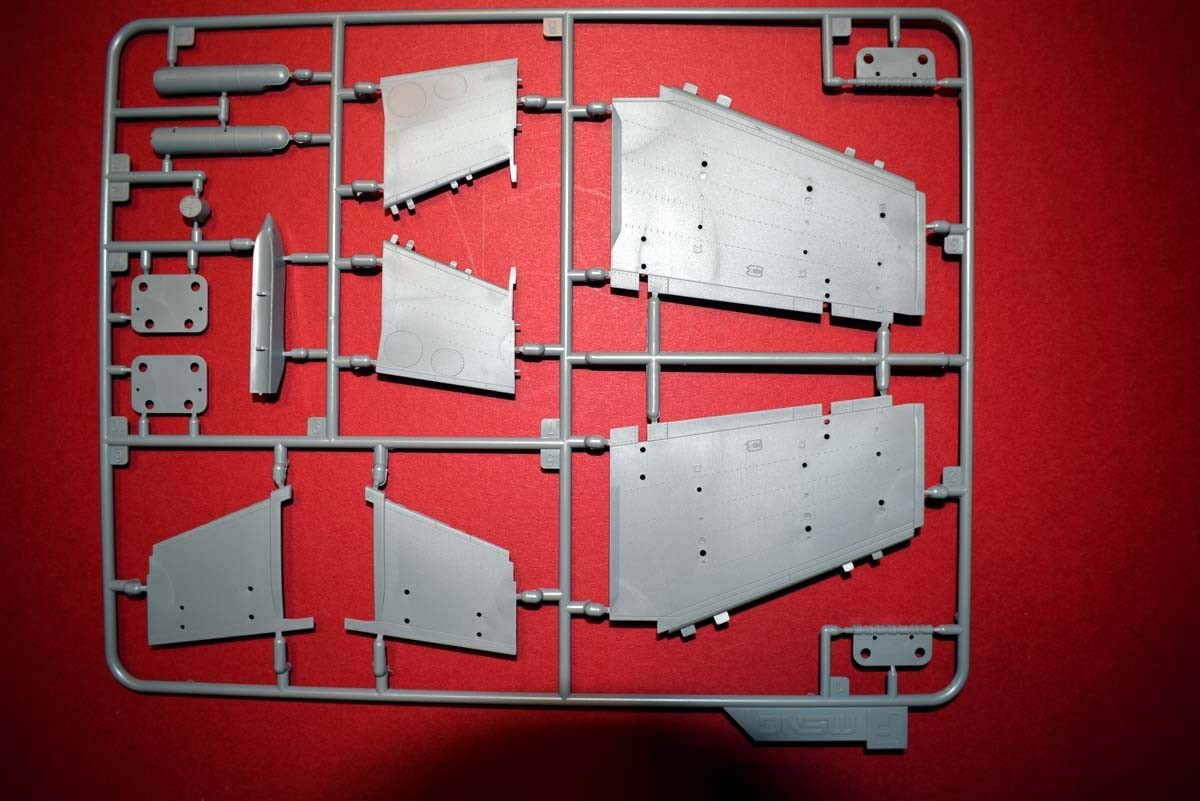
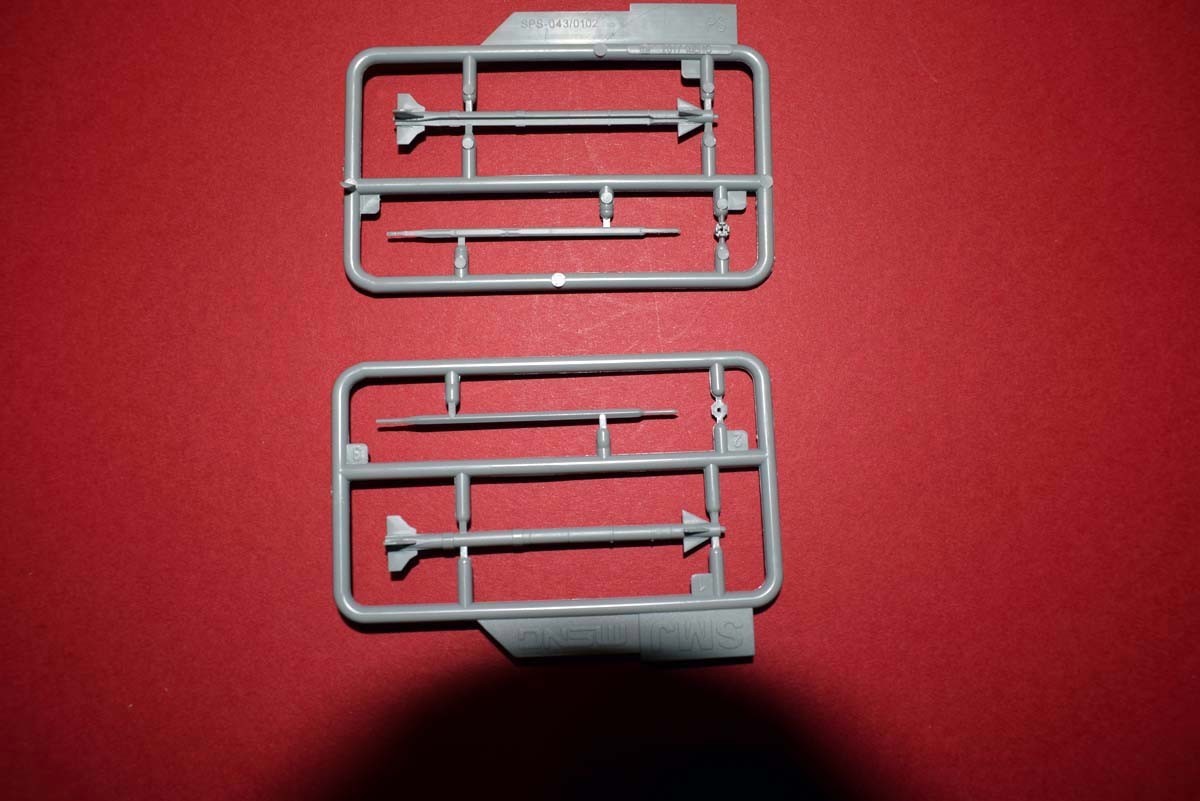
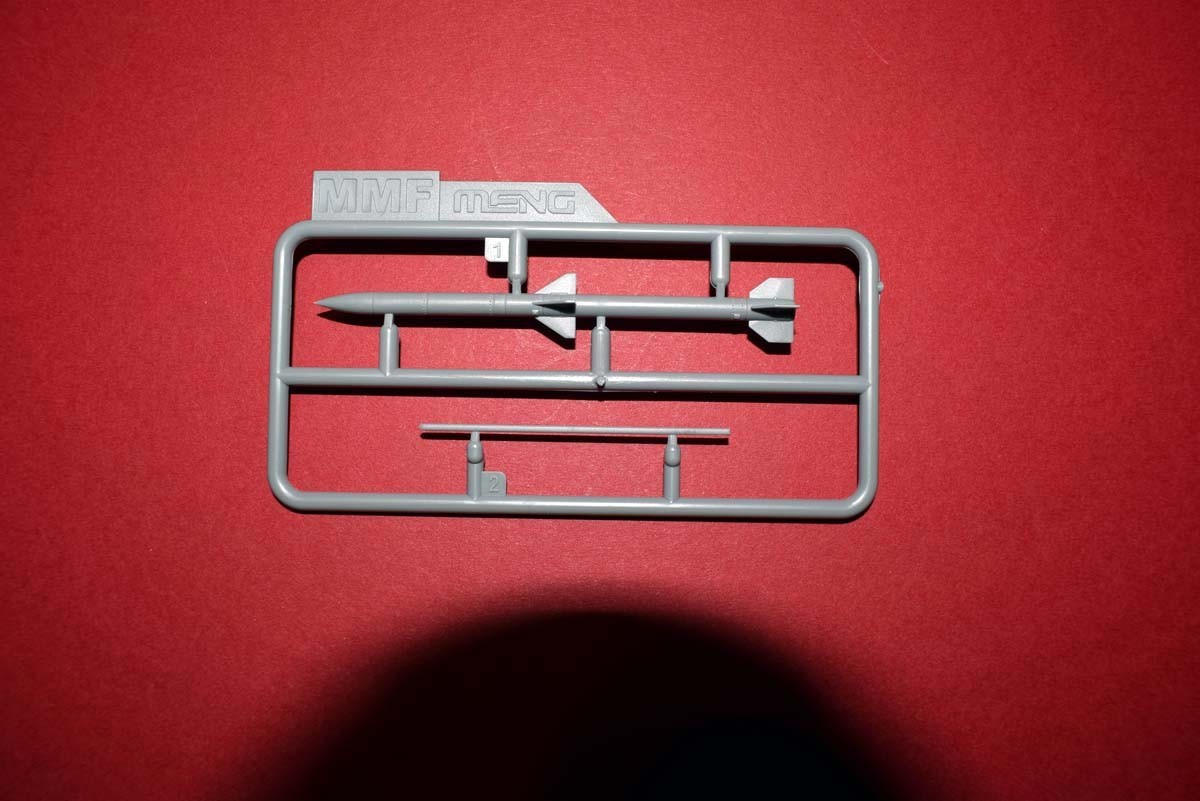
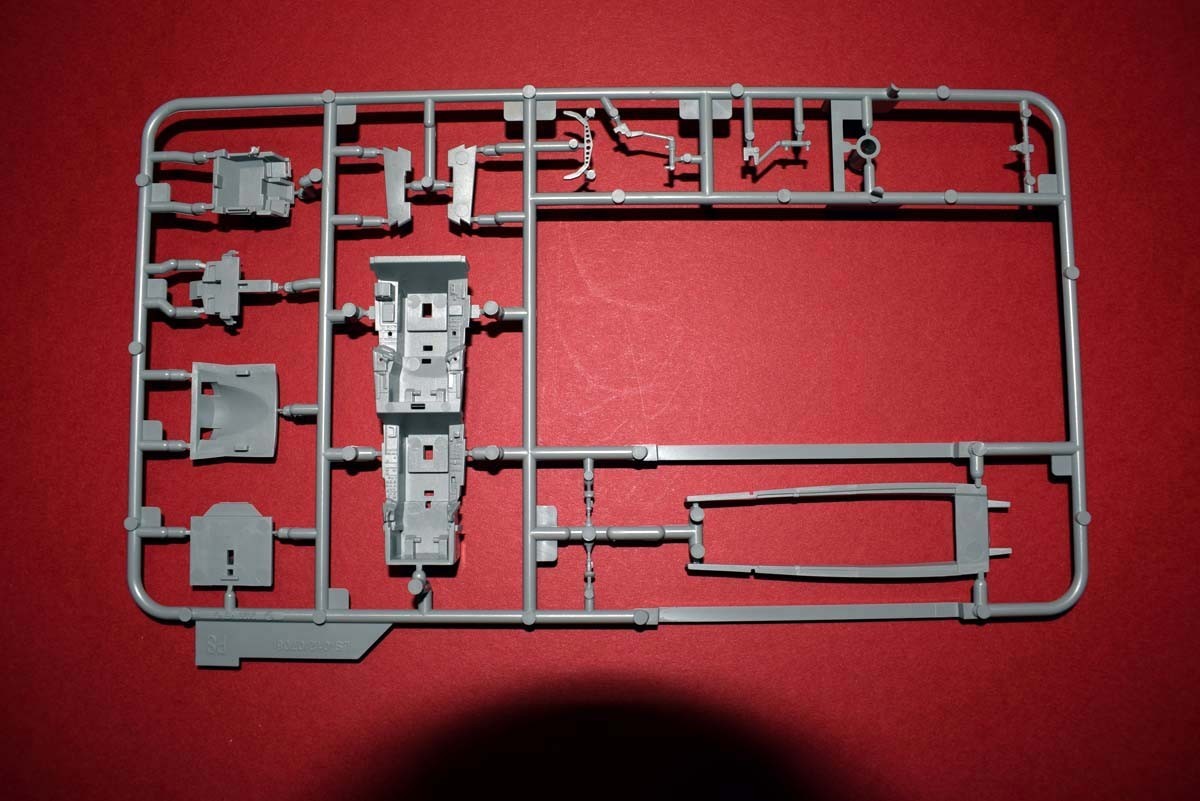
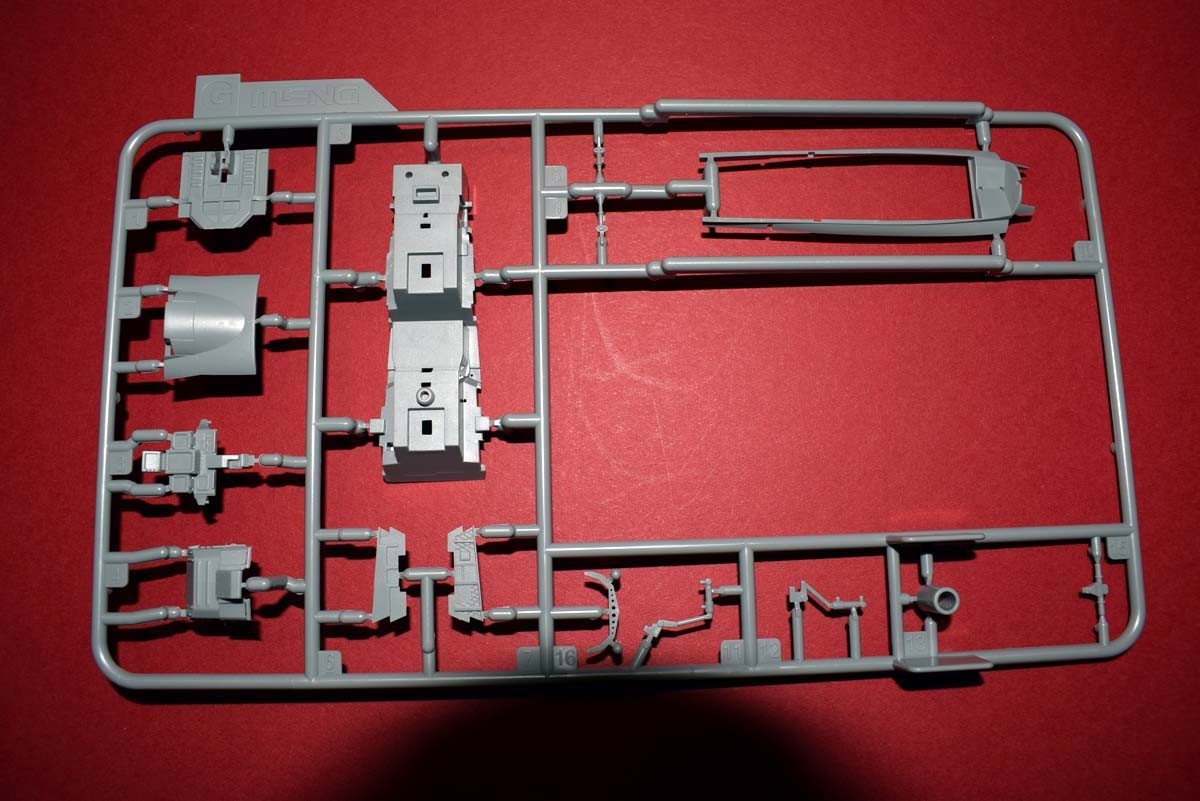
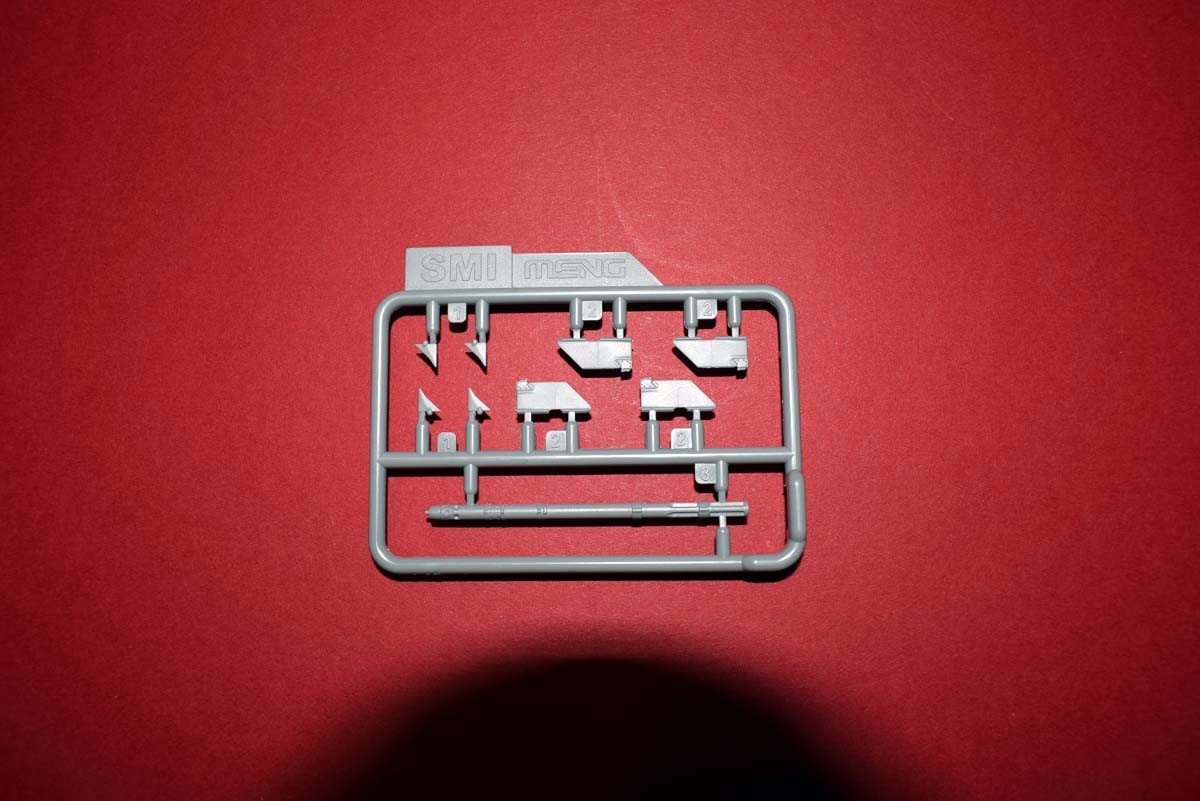
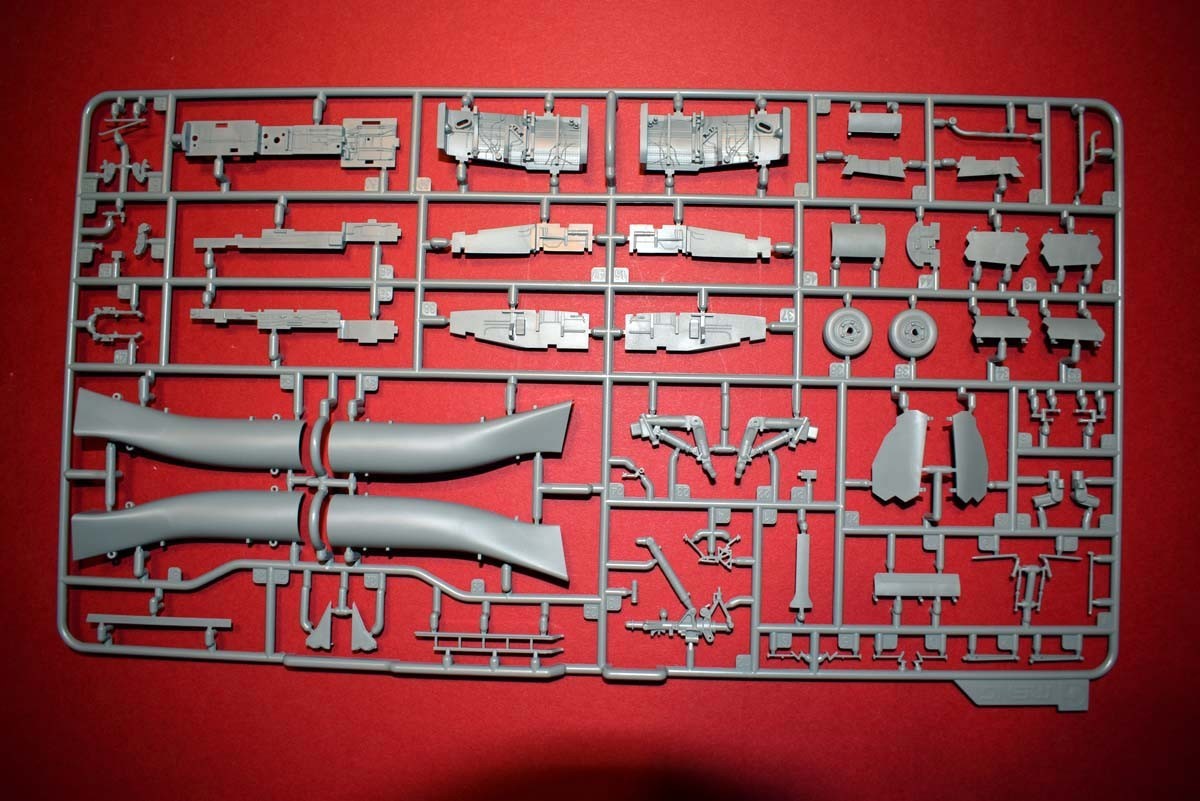
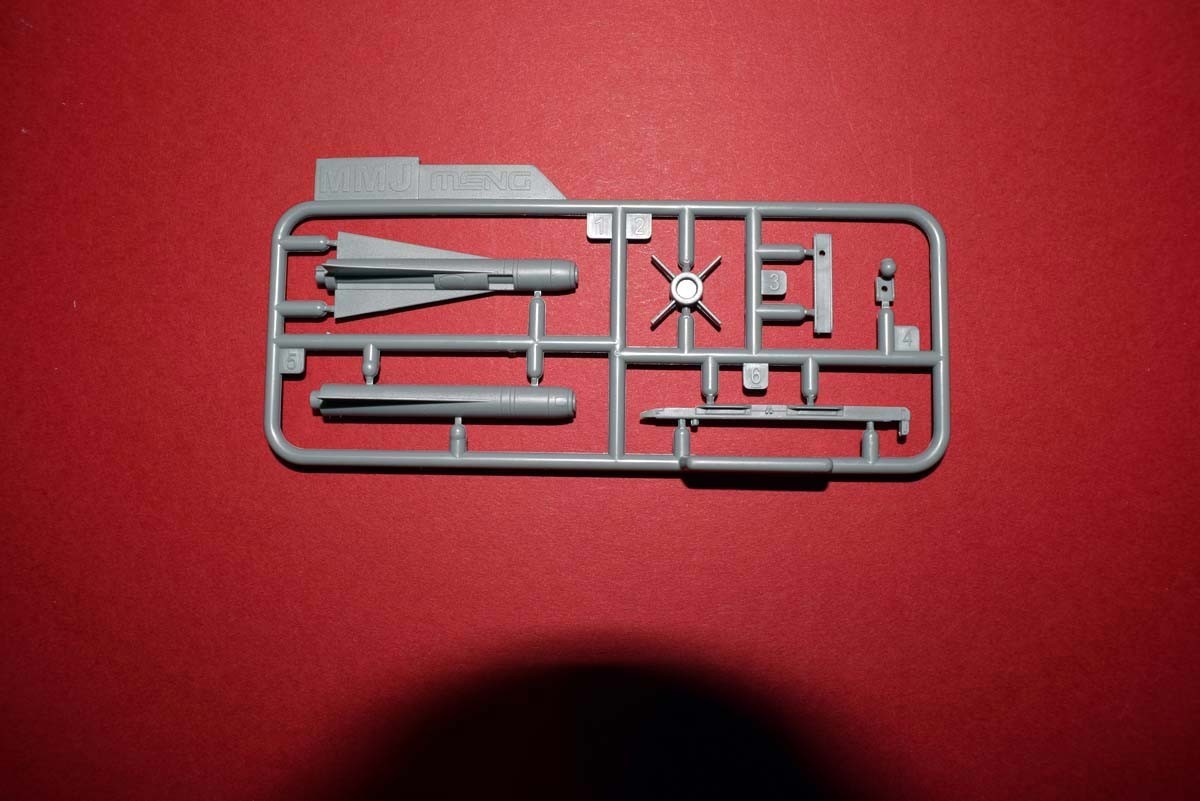
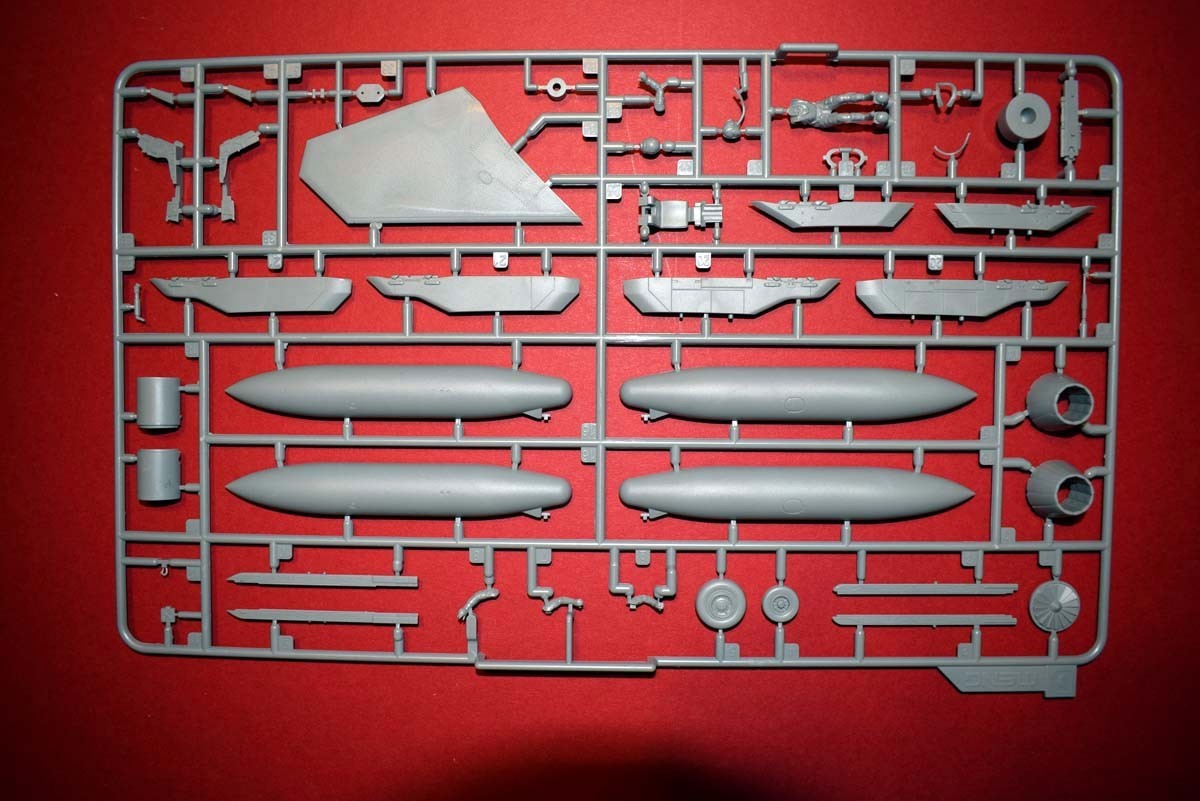
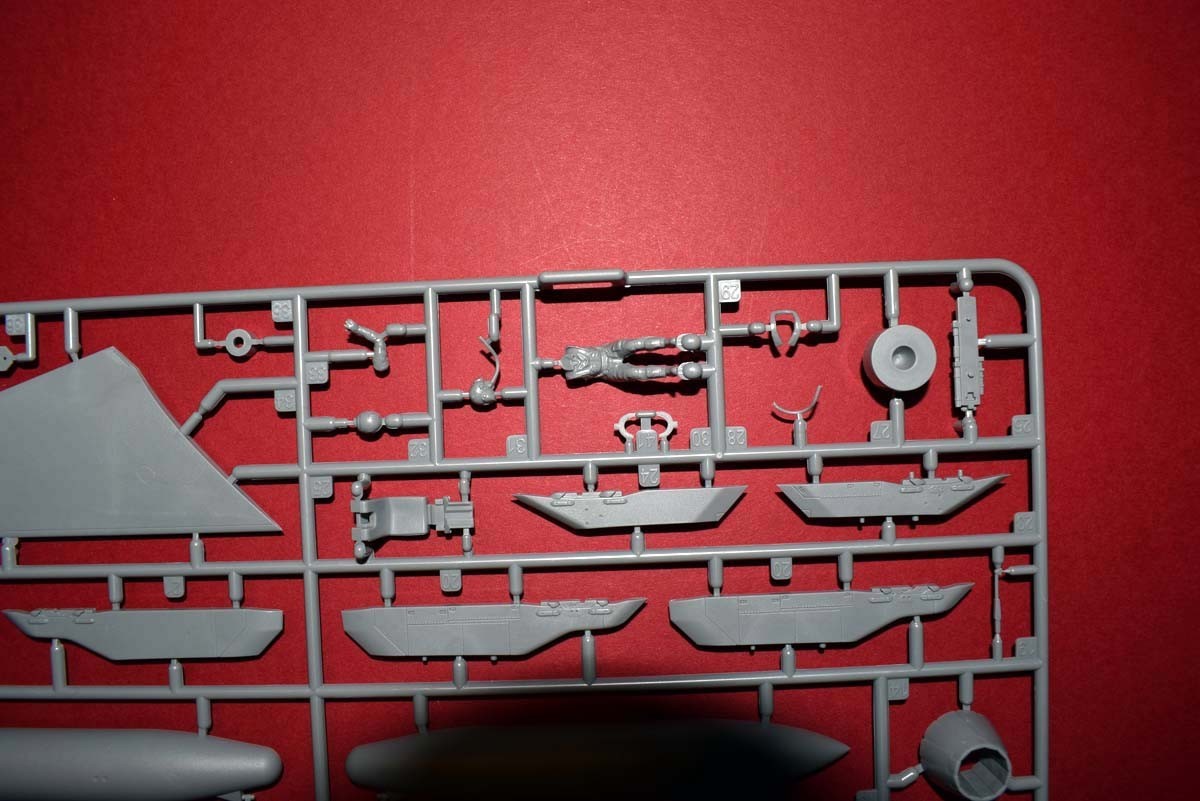
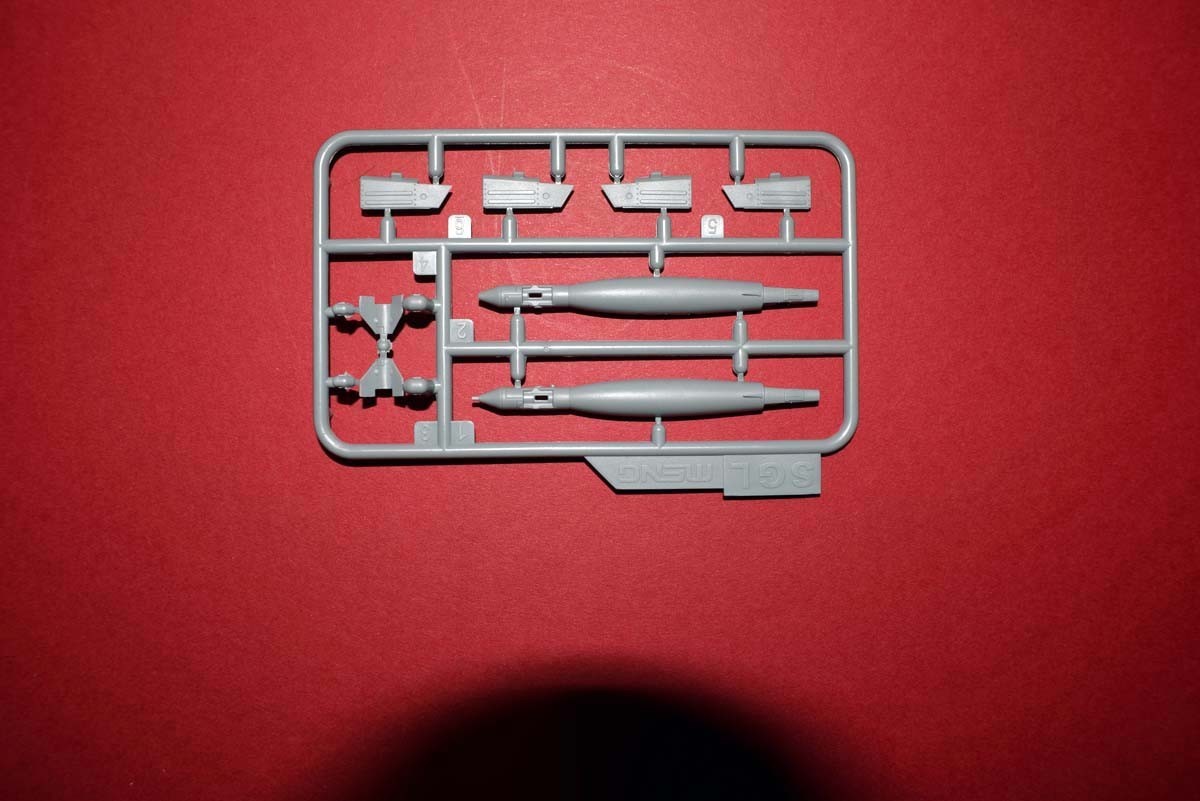
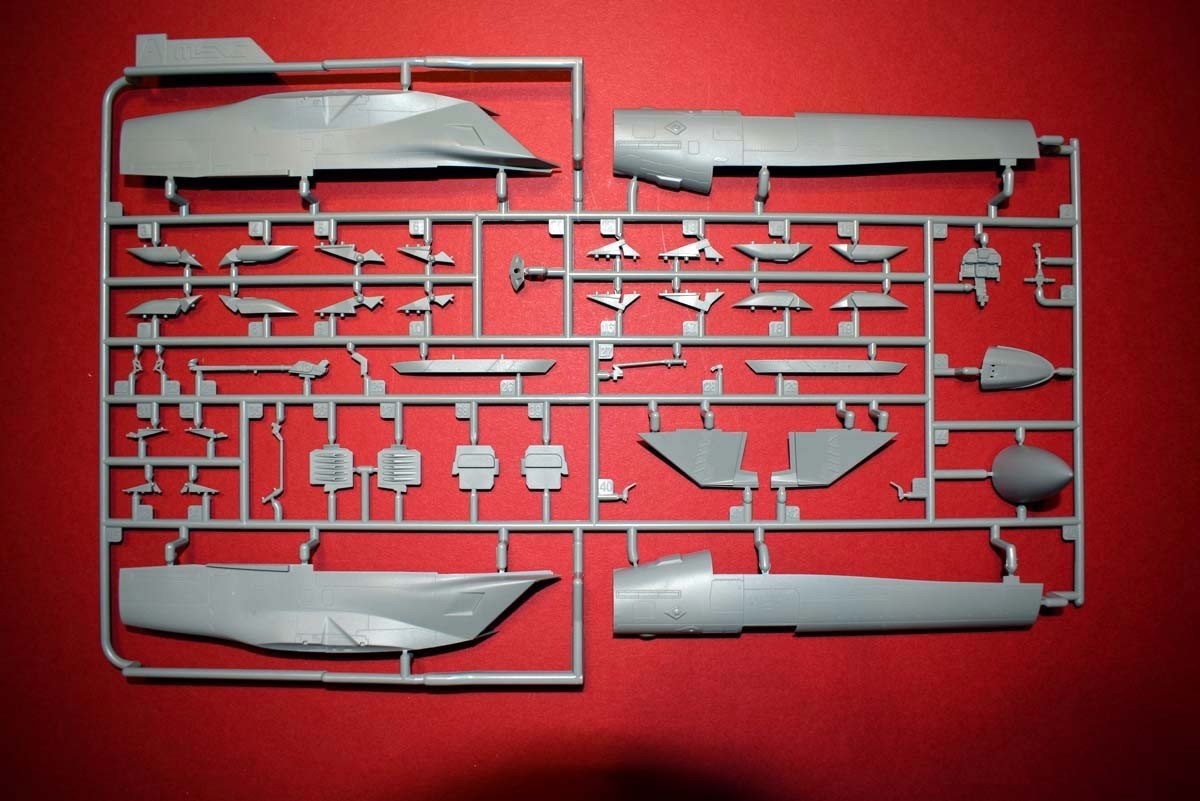
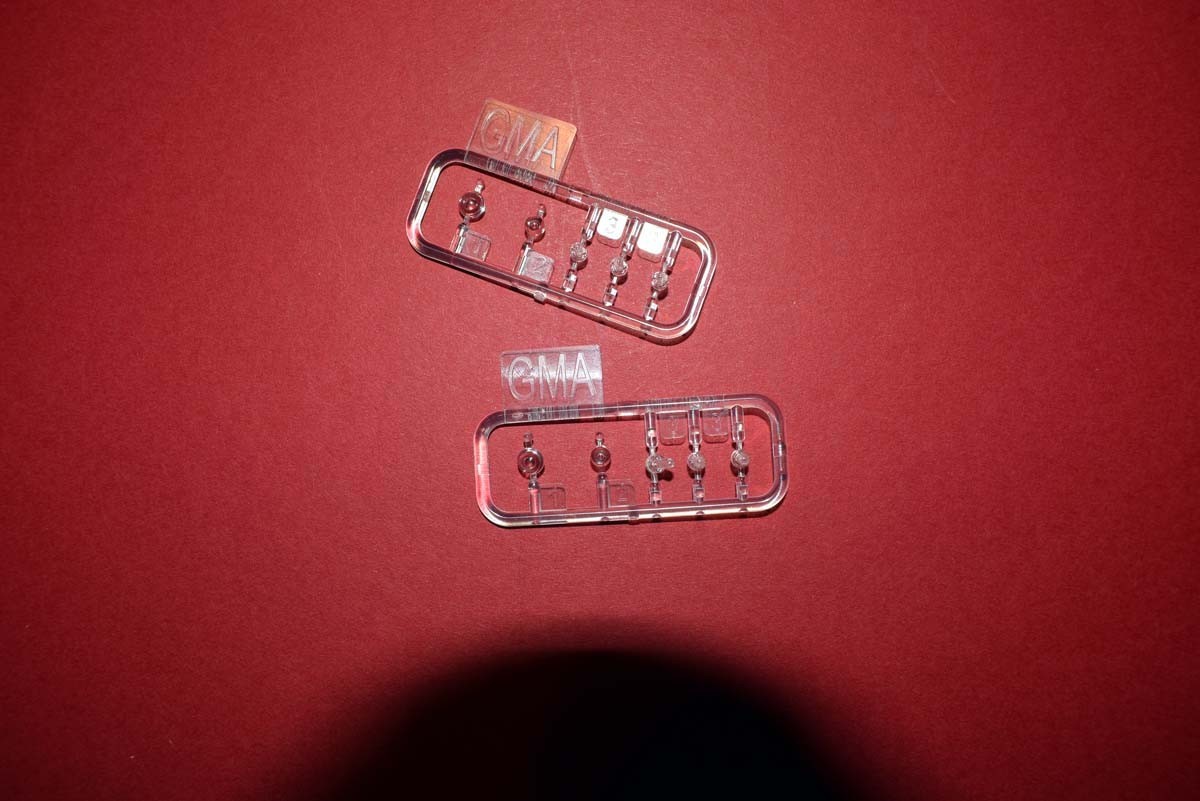
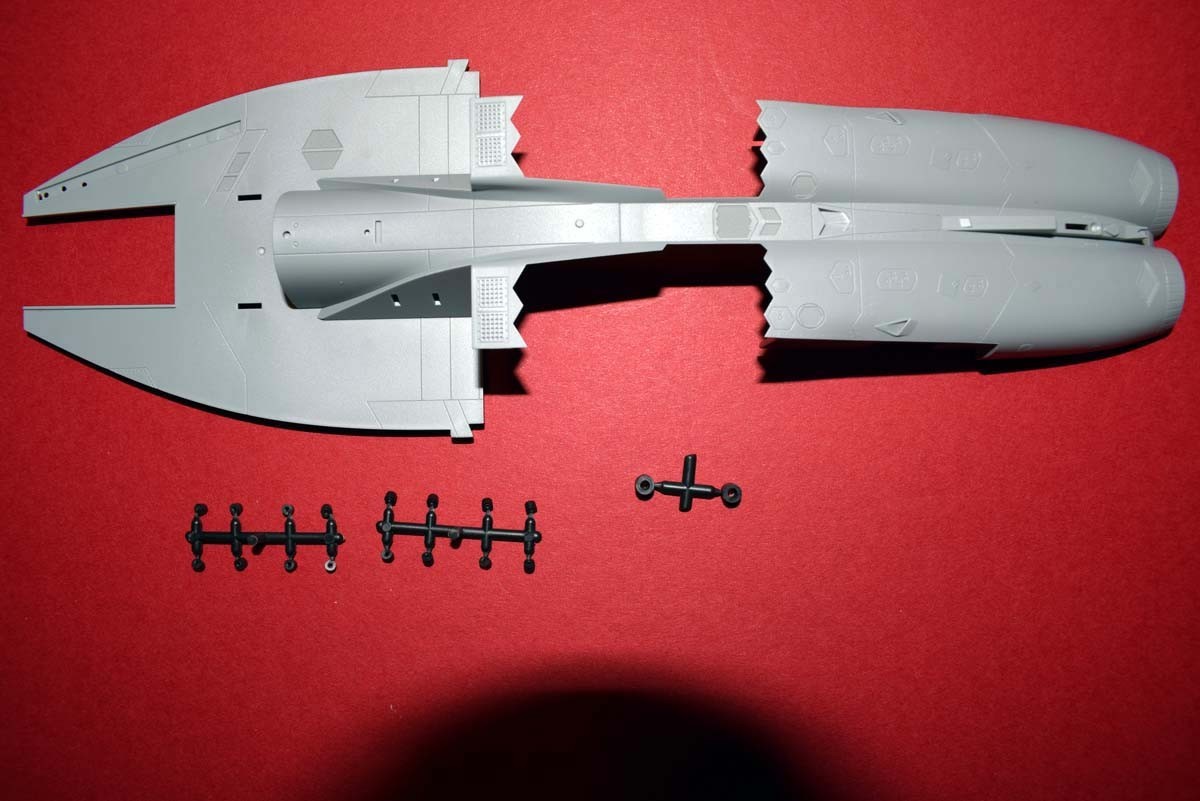
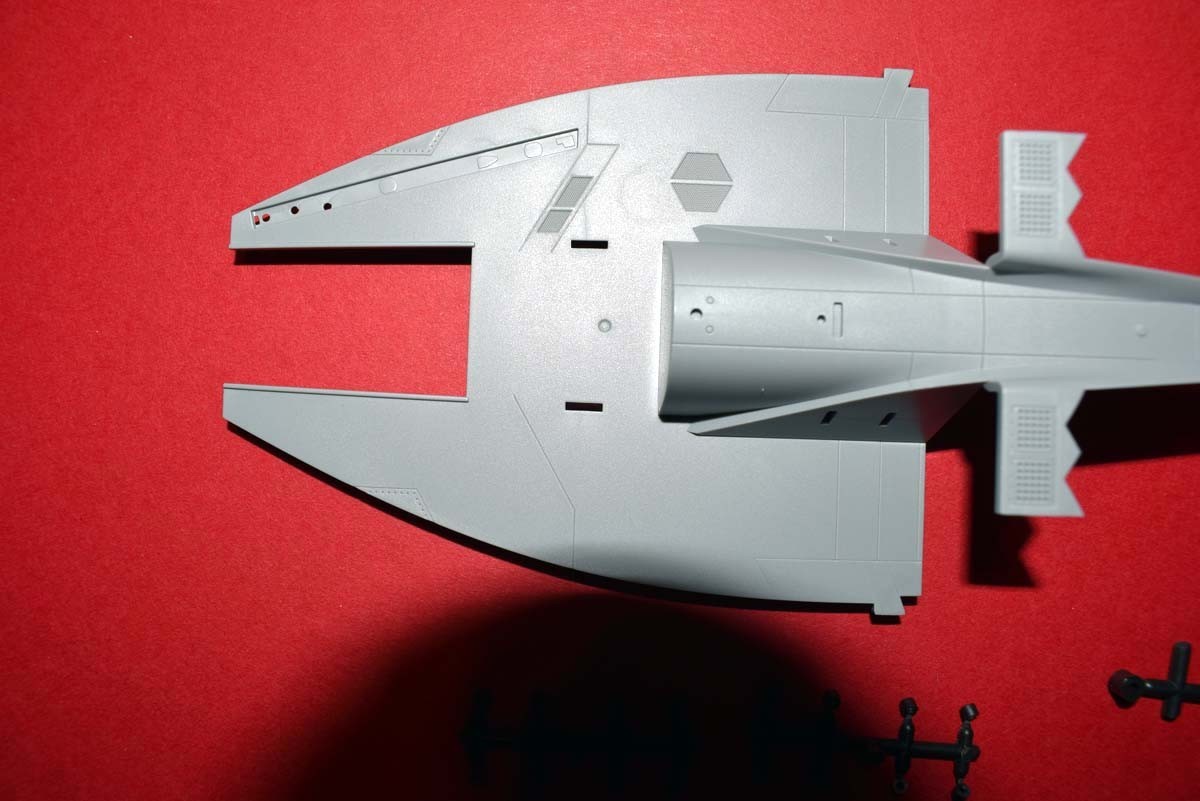
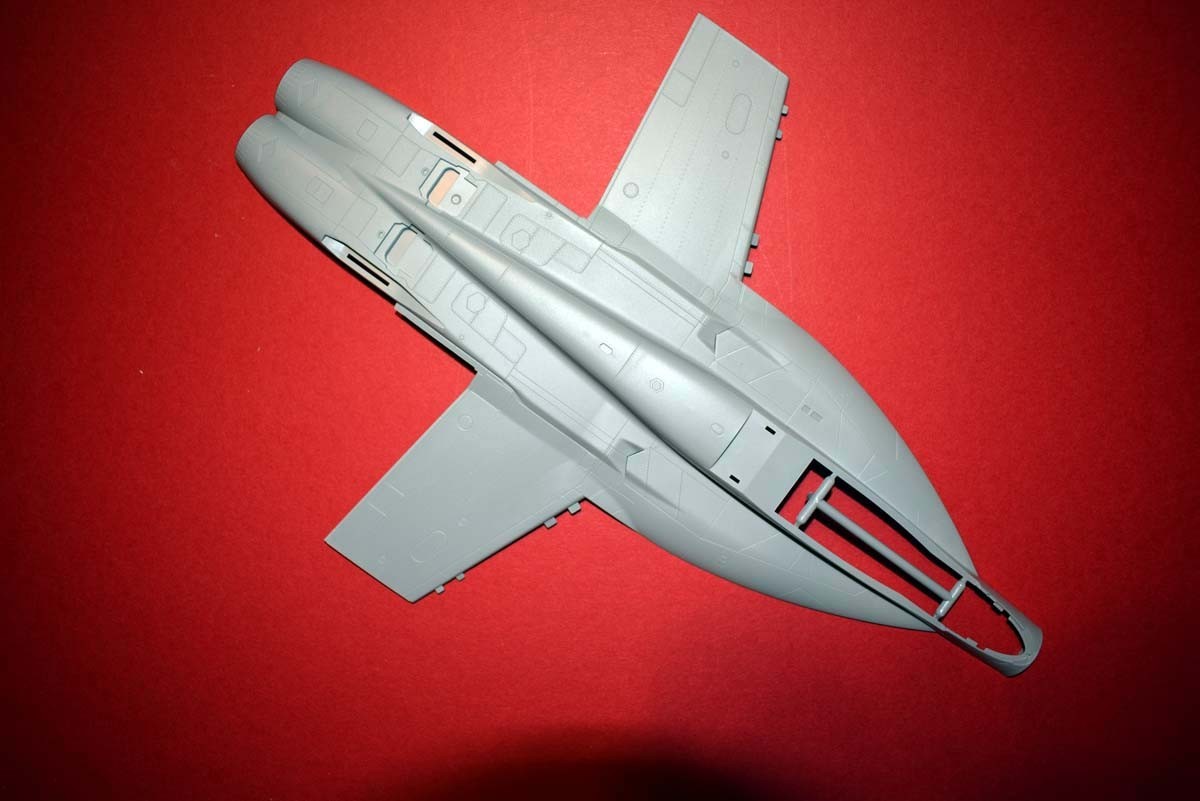
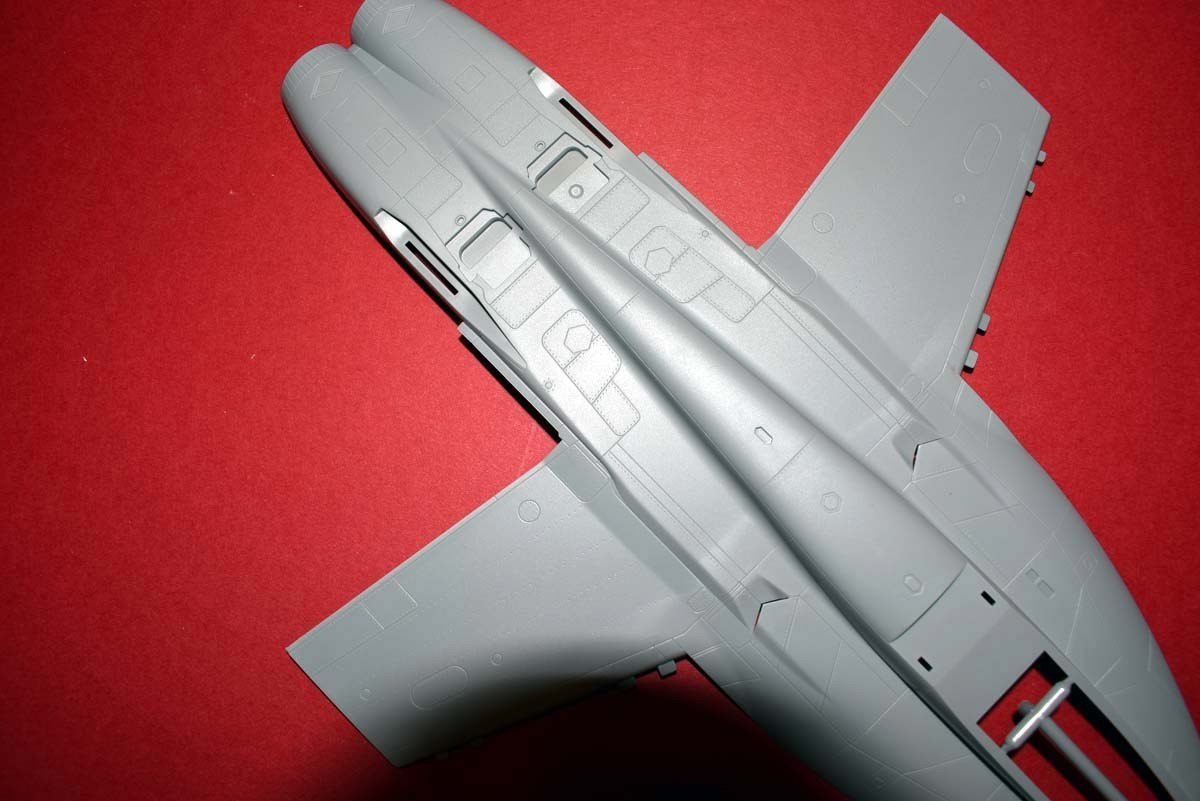
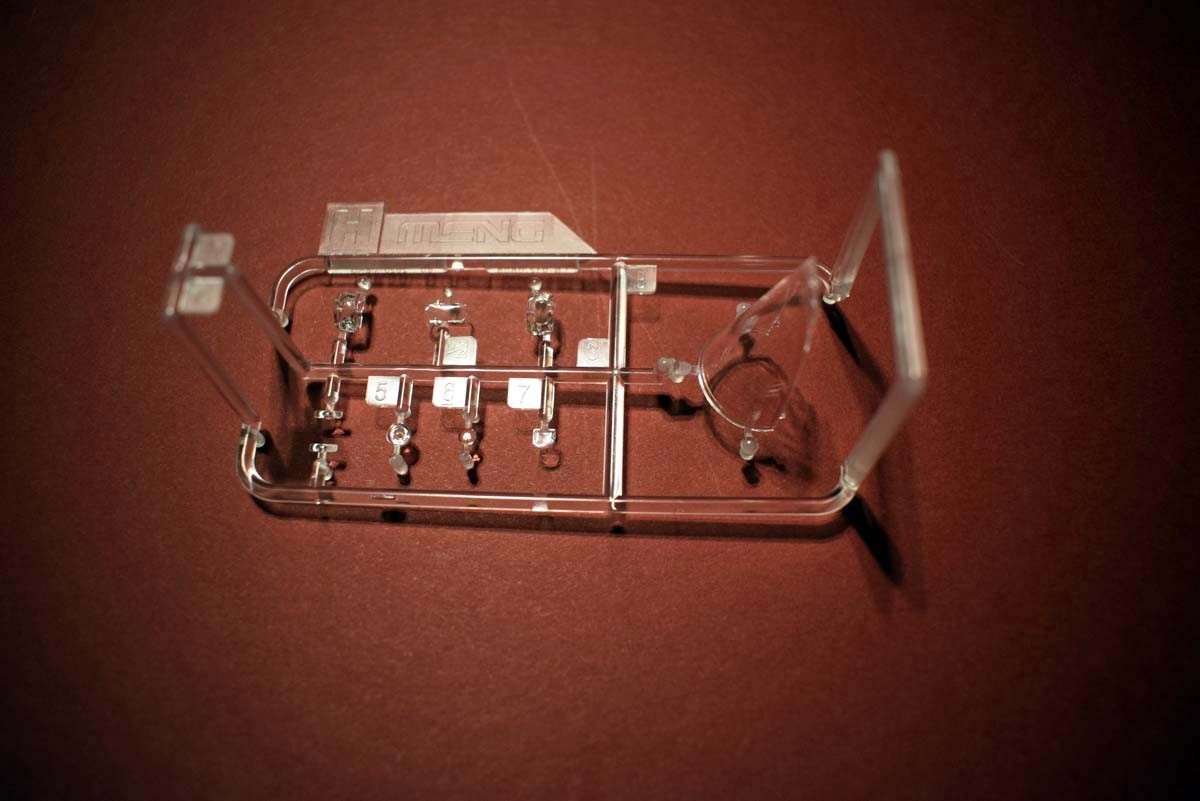
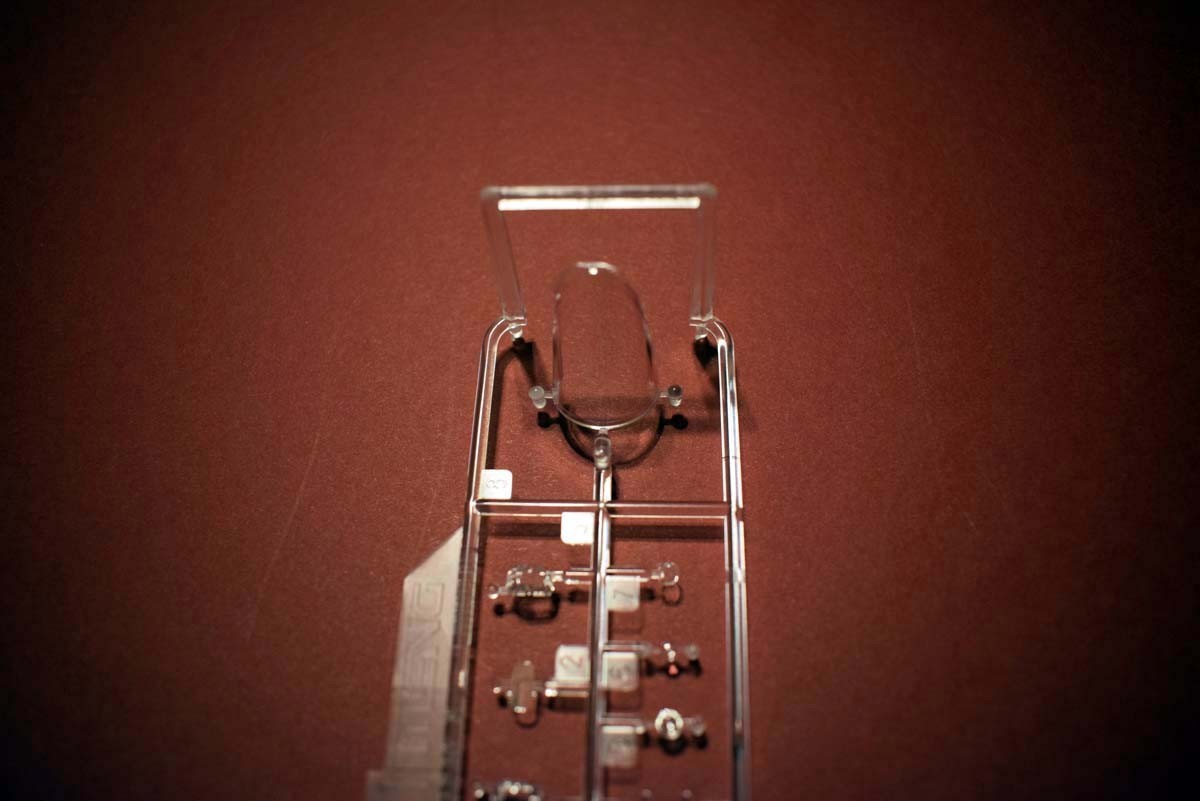
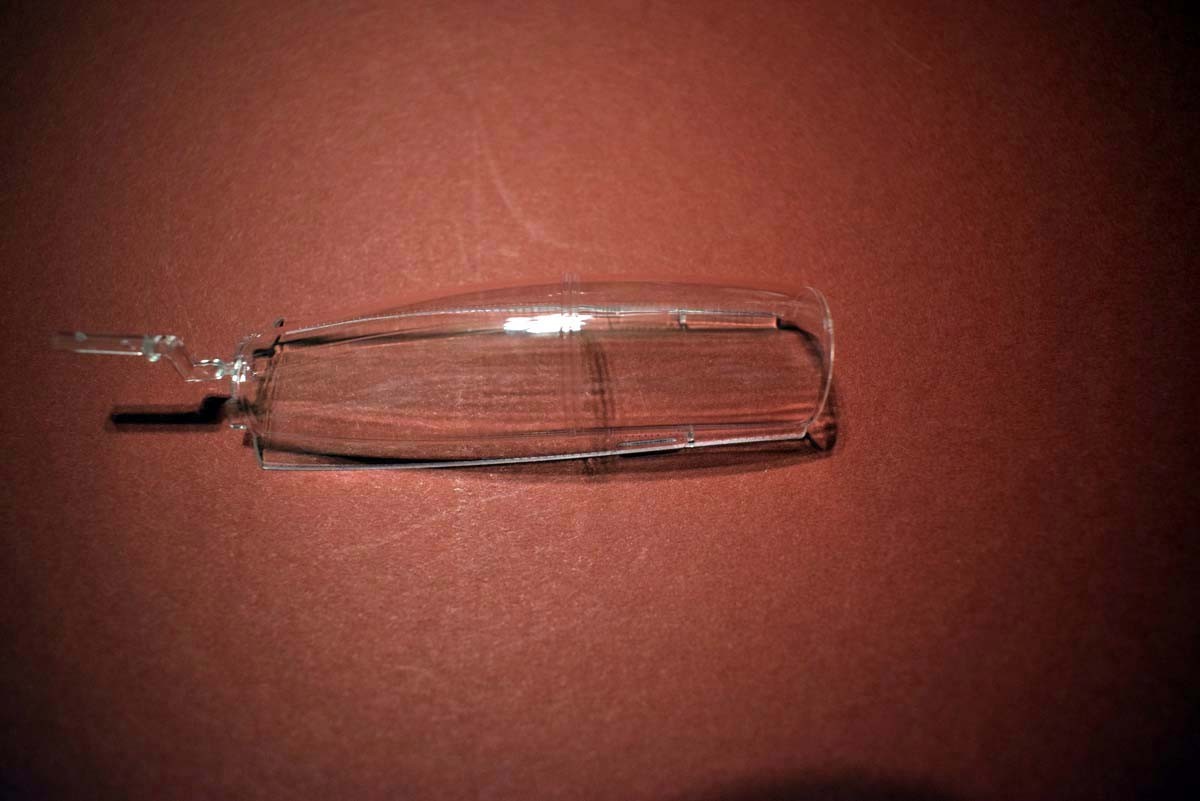
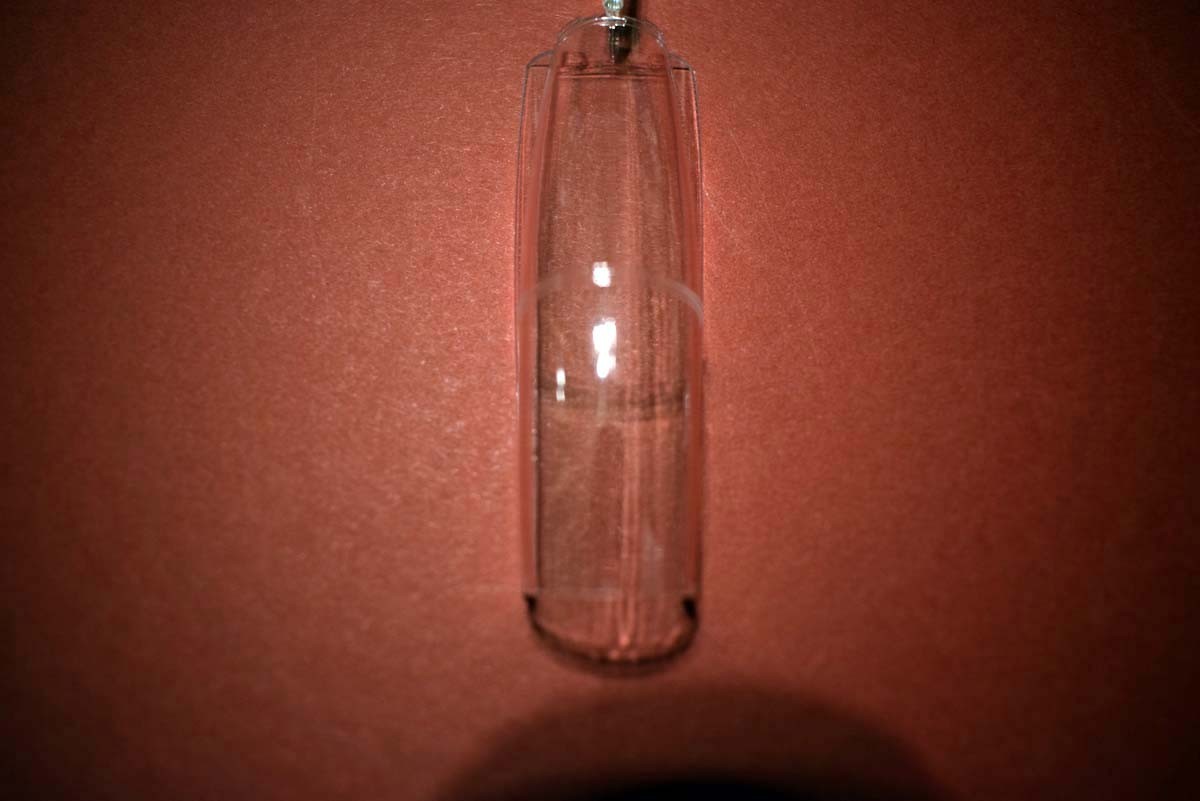
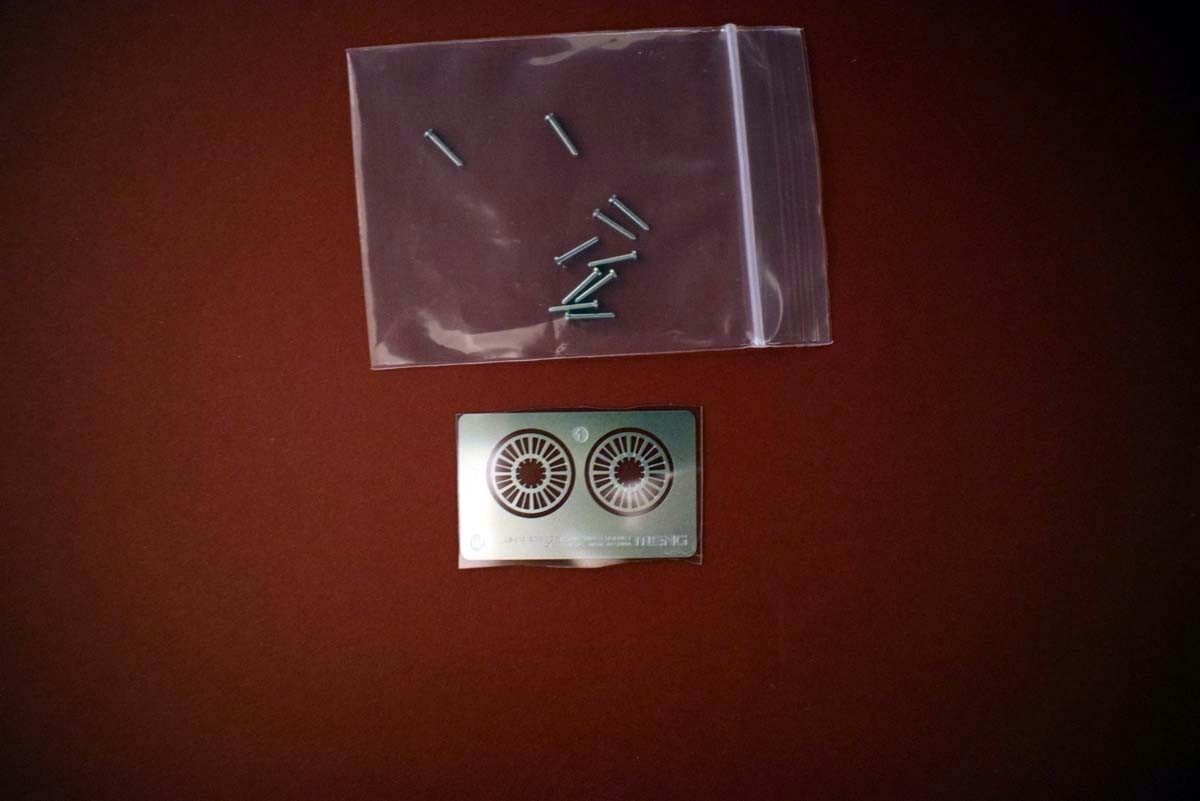
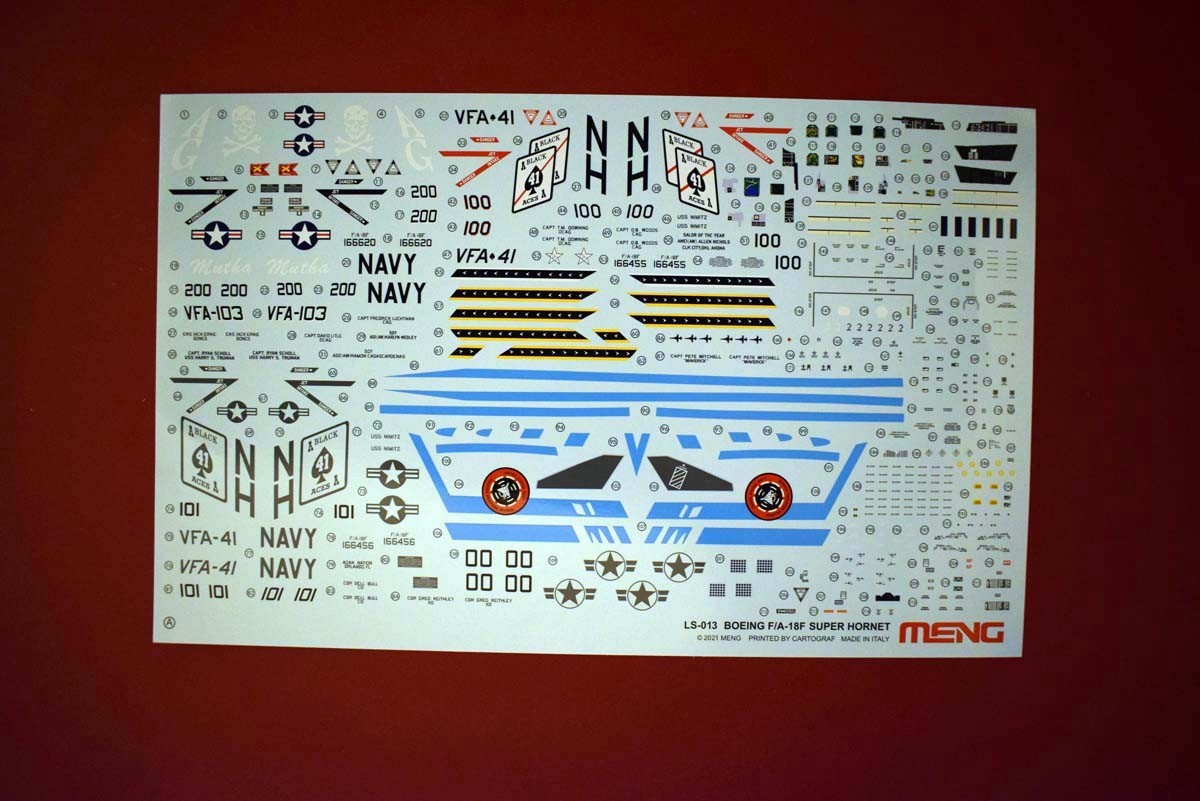
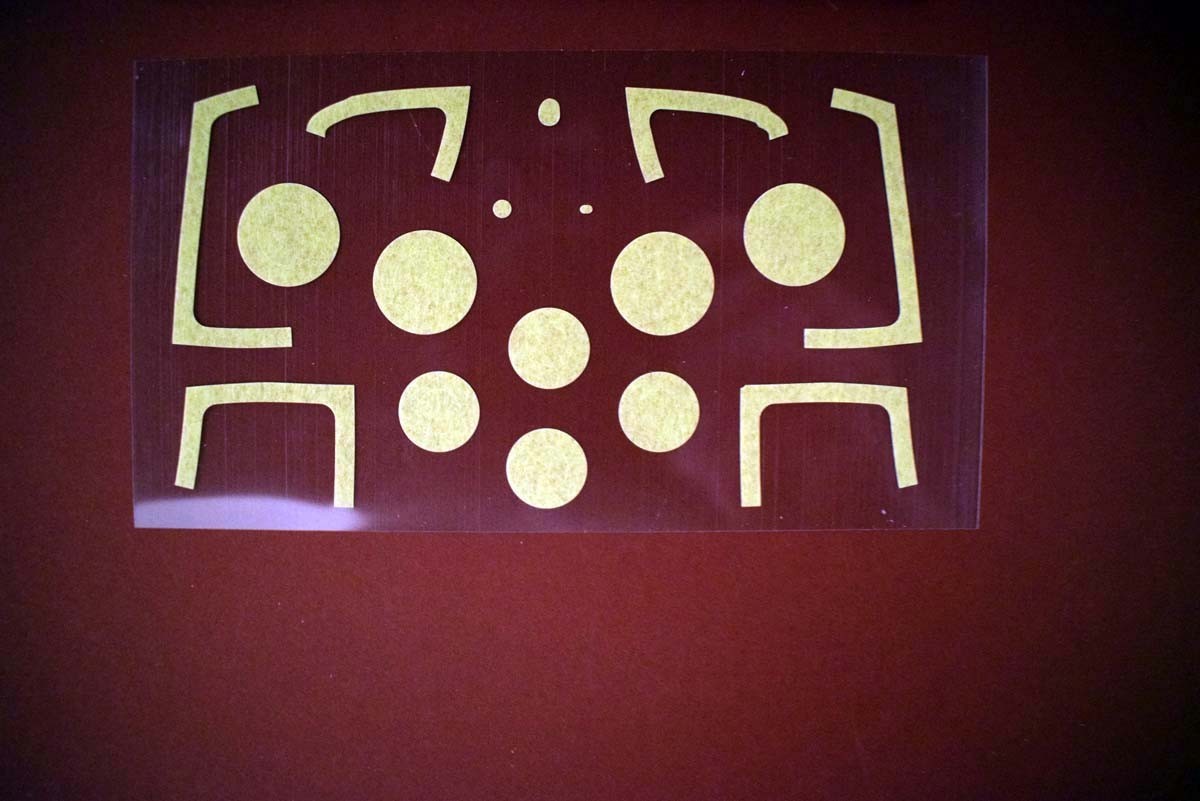
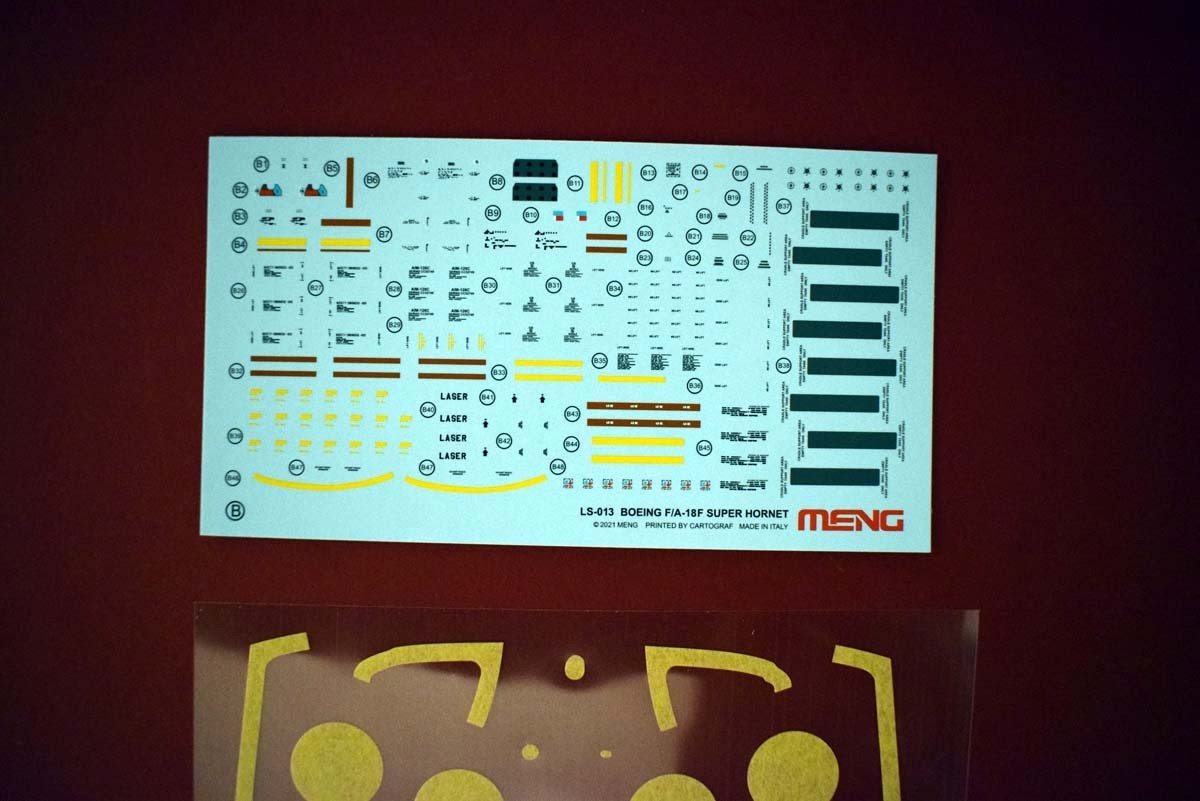
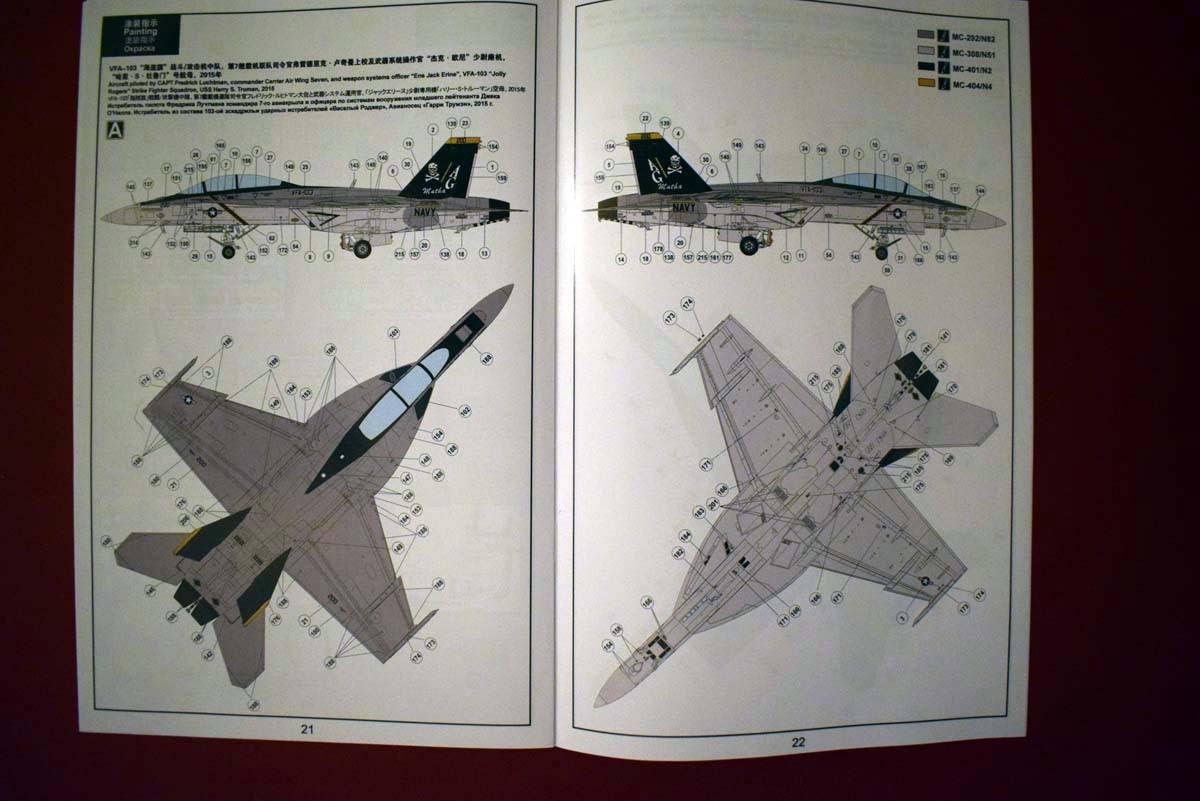
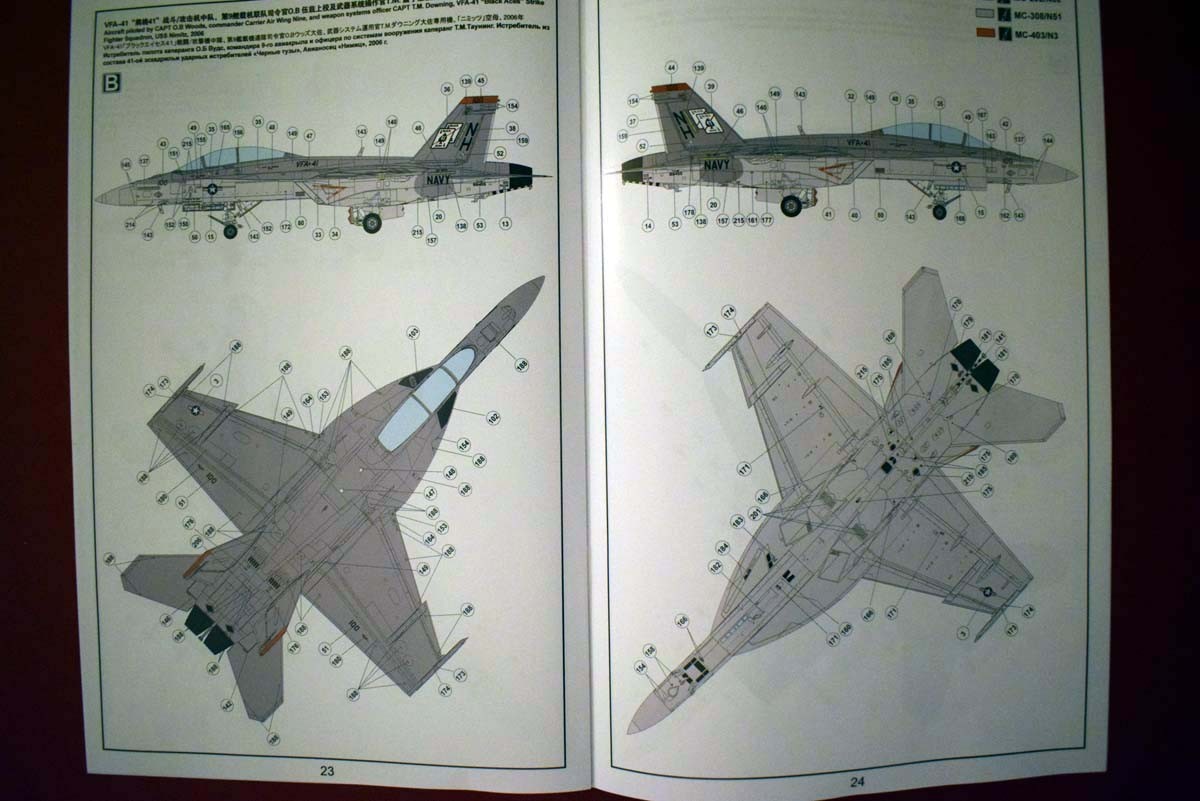
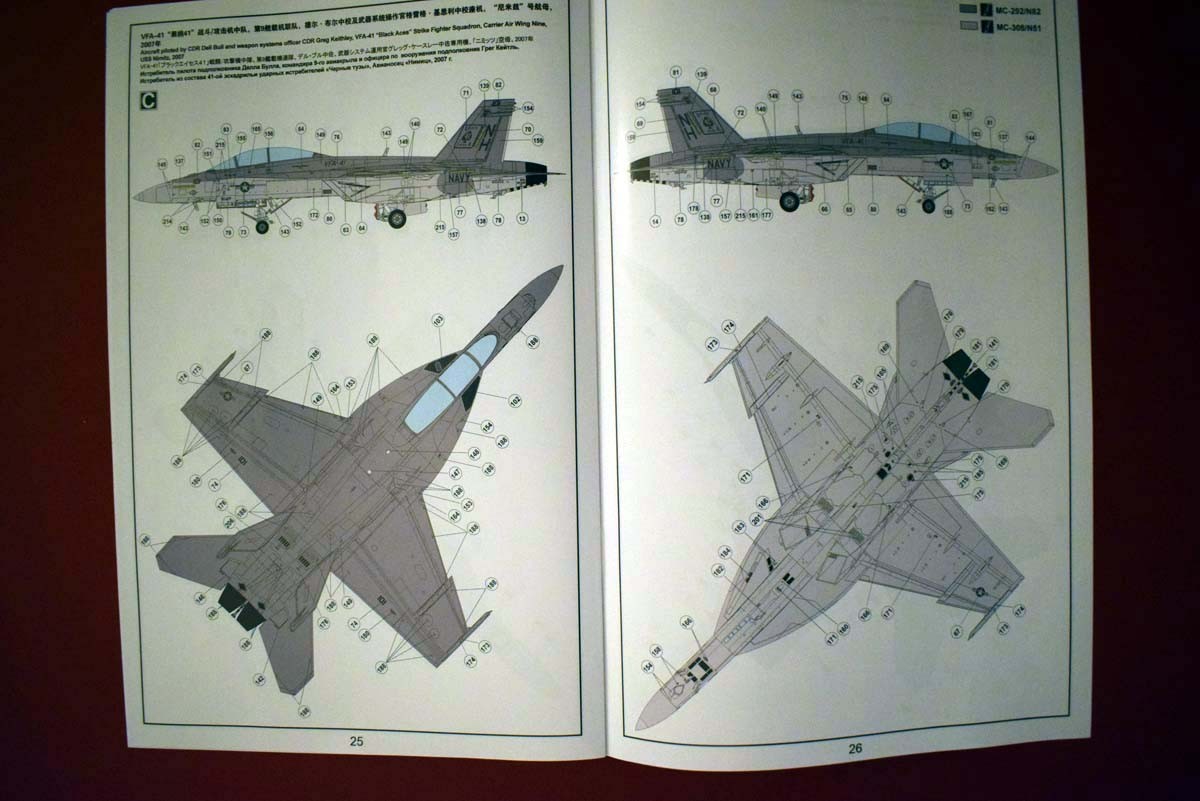
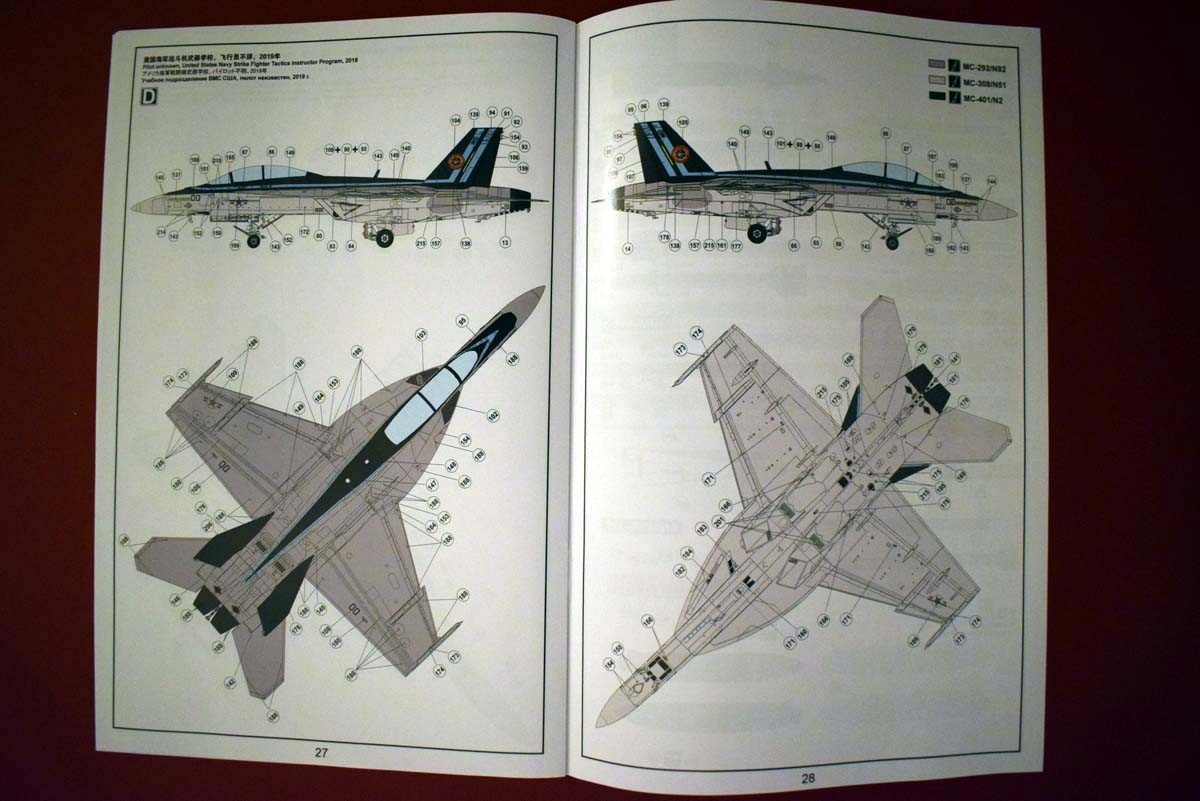
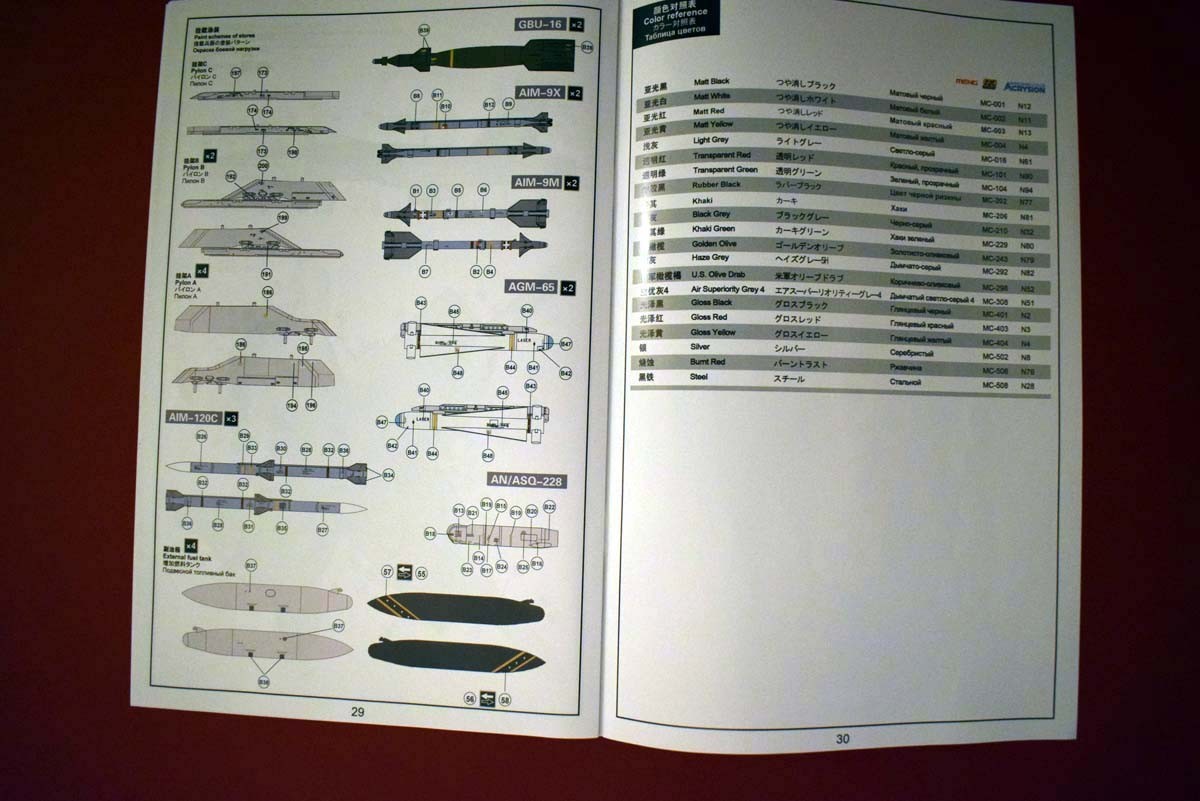








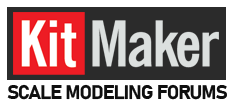


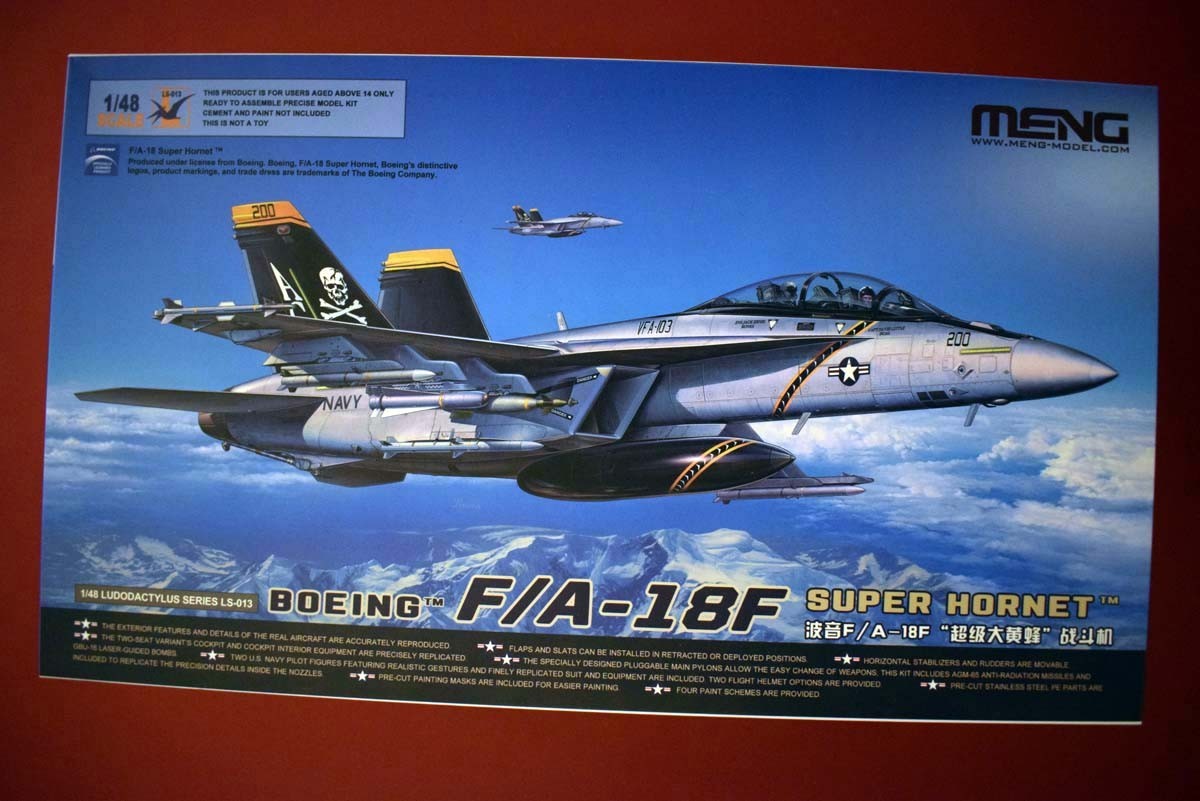





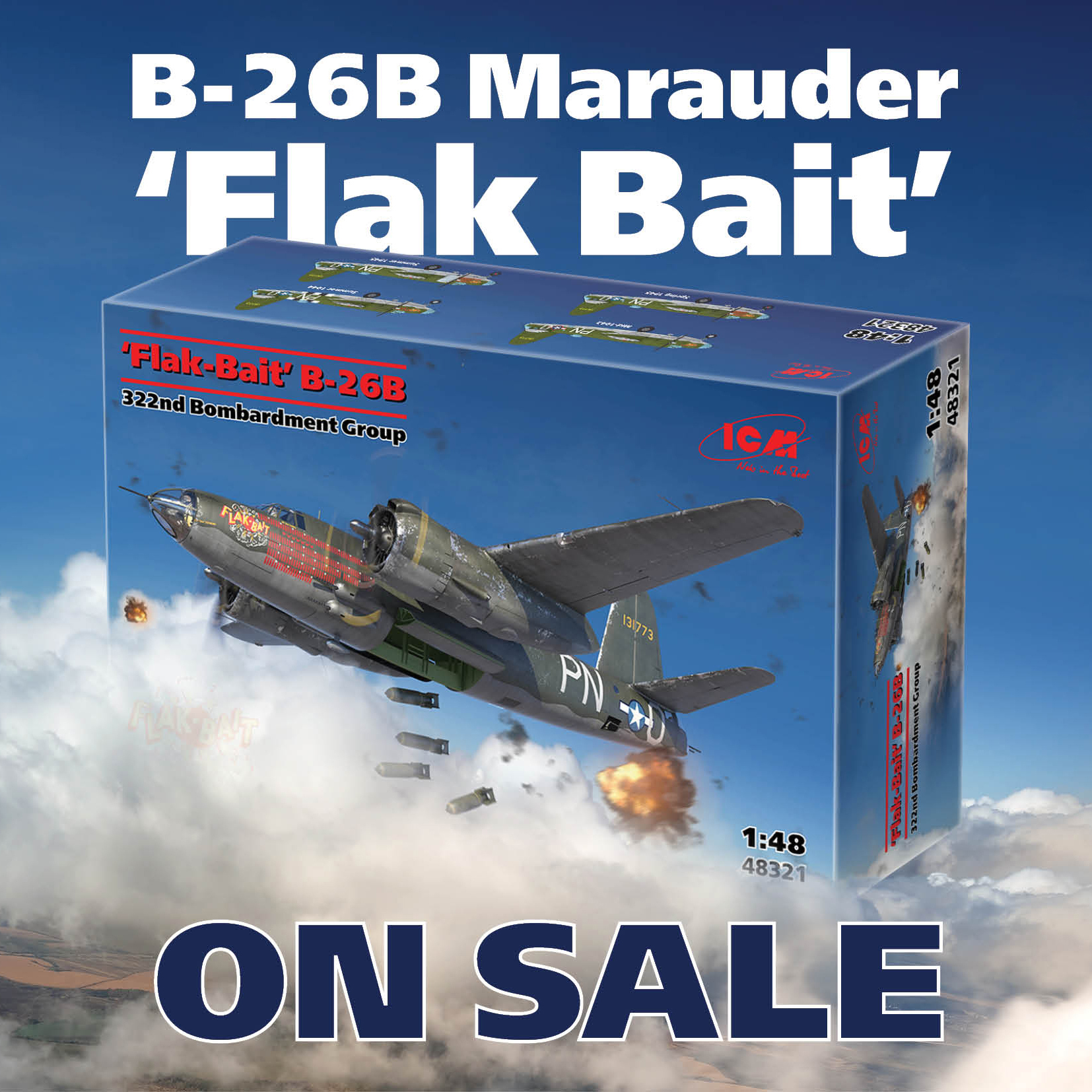






![Junkers F13 [Early Prod] With Winter Skis Coming Soon](/upload/media/posts/2025-07/22/48020-junkers-f13-with-winter-ski-early-prod_1753181324-s.jpg)


